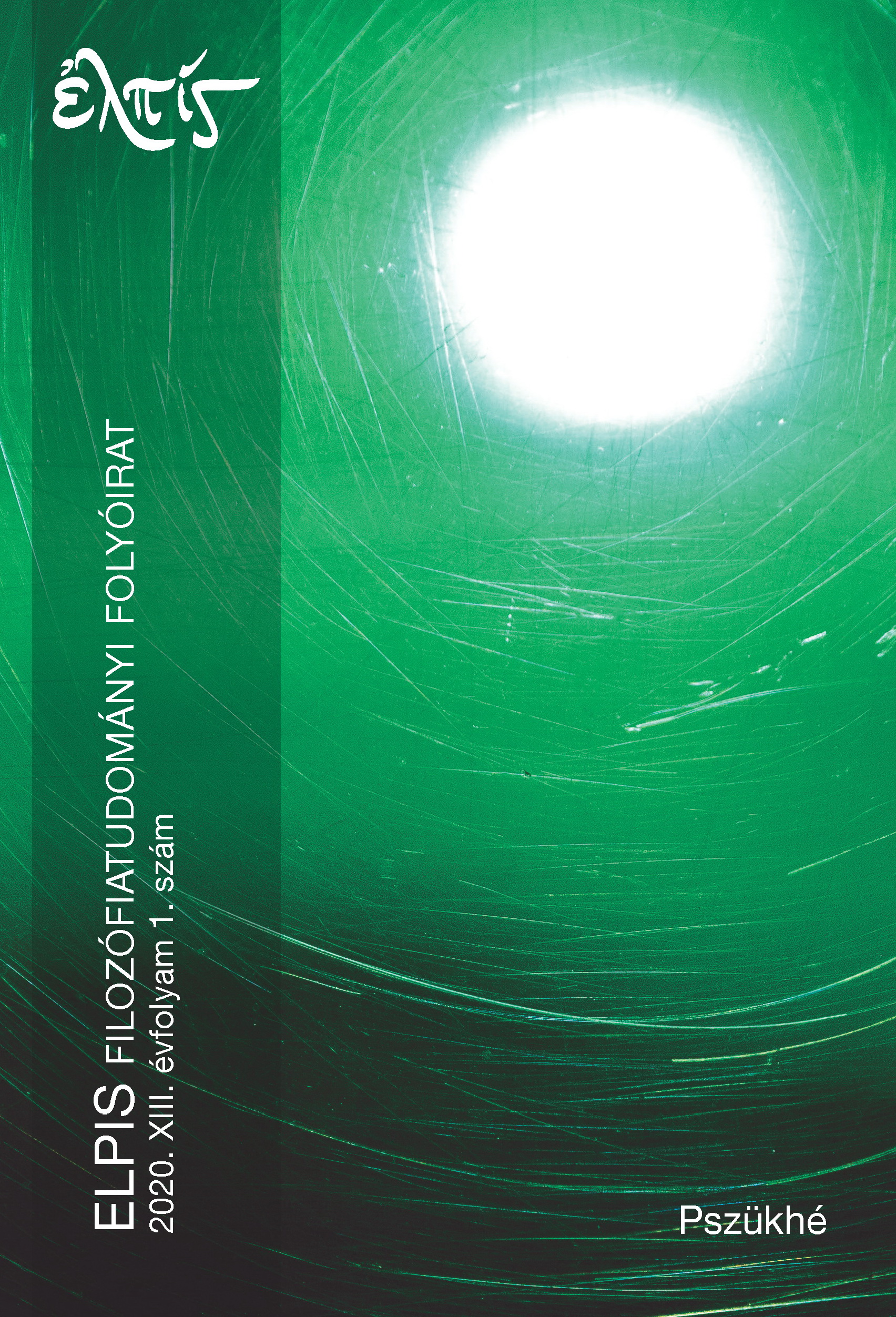The Transformation Of The Homeric Psychē In The Phaedo
DOI:
https://doi.org/10.54310/Elpis.2020.1.3Keywords:
Plato, Phaedo, Soul, Psyche, ImmortalityAbstract
My paper begins with Cebes’ question to Socrates whether „the soul still exists after a man has died and that it still possesses some power and intelligence.” Cebes’ remark and the vocabulary of dying in the dialogue recalls the Odyssey’s Nekyia scene and hence reveals that the philosophical project to prove the immortality of the soul is also a critique of traditional Greek eschatology. While proving the immortality of the soul, Socrates rewrites the traditional picture of the psychē from three major aspects: (1) the soul preserves its power, its capacity and its wisdom after death, (2) there is no reason to fear death for it is the best that can happen to man, (3) whose real self is not his body, dead or alive, but his soul, which can be fully realized only in death.




